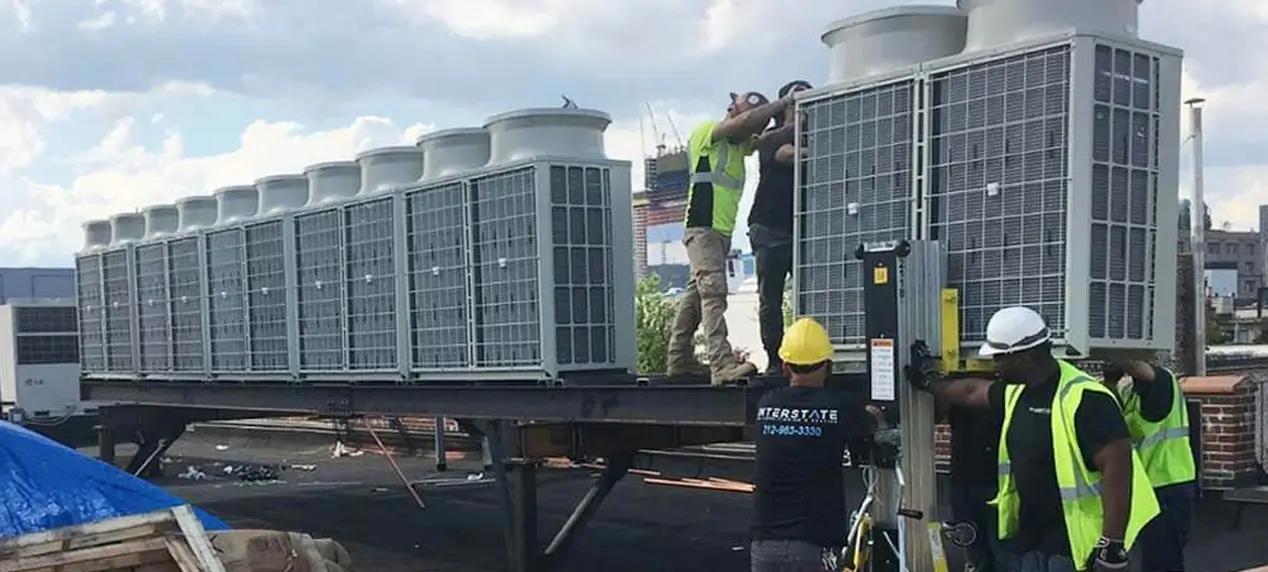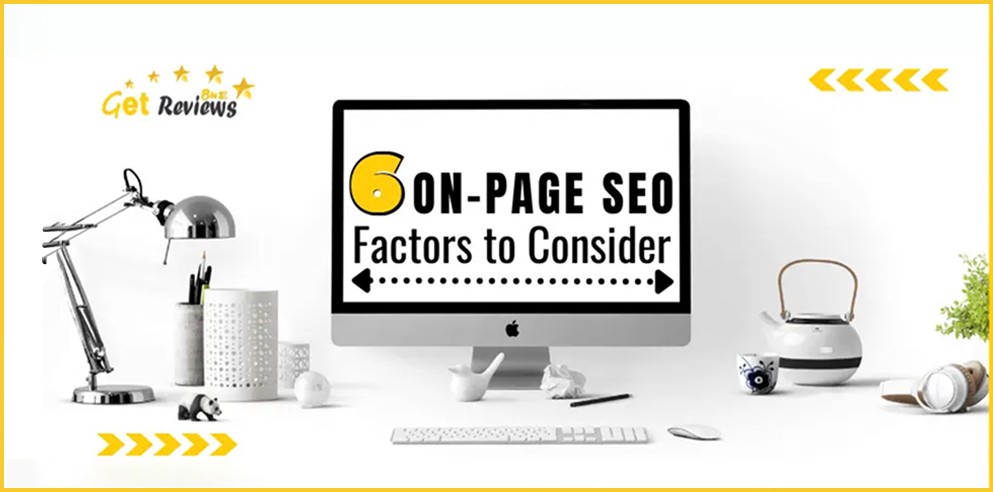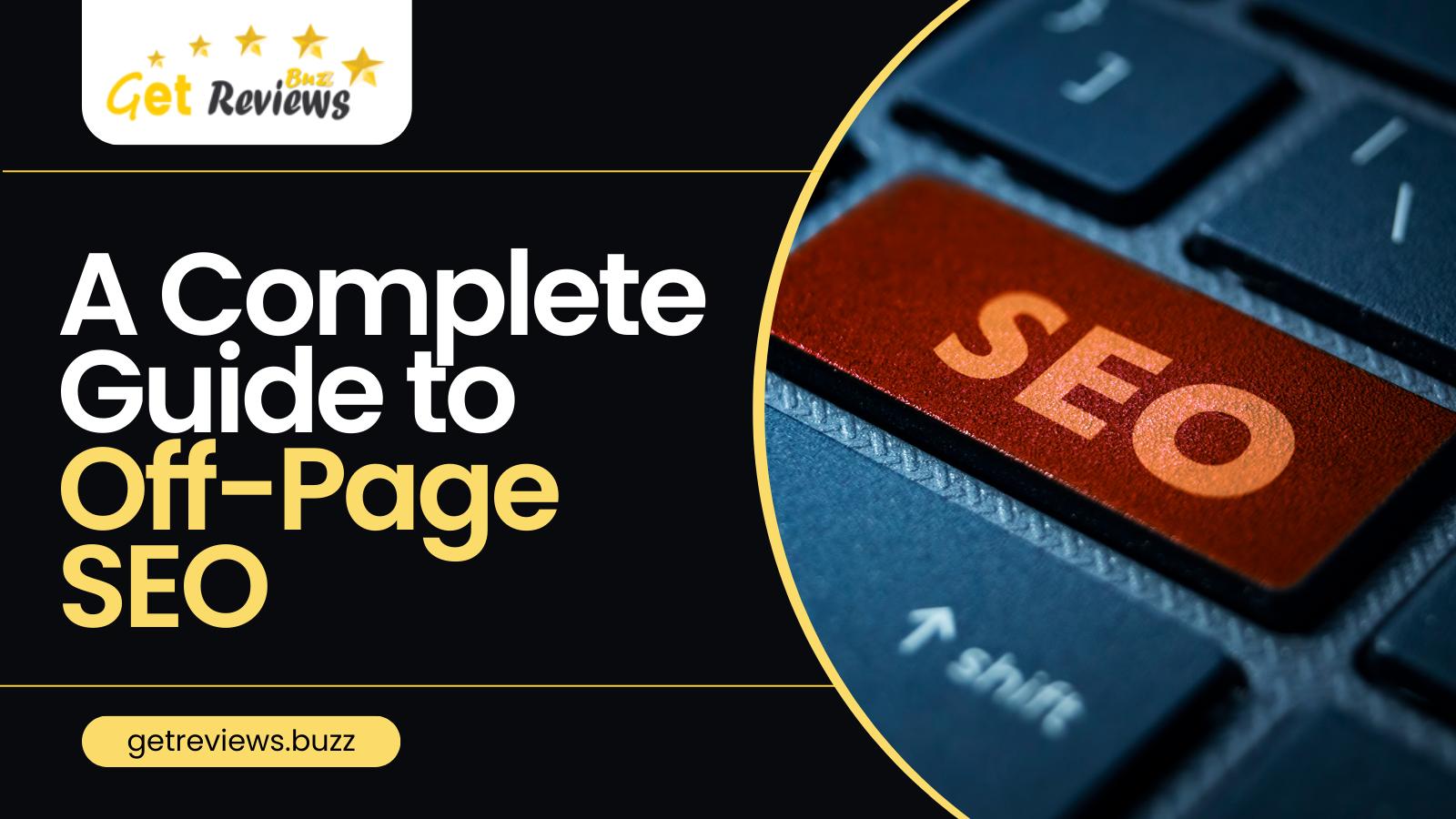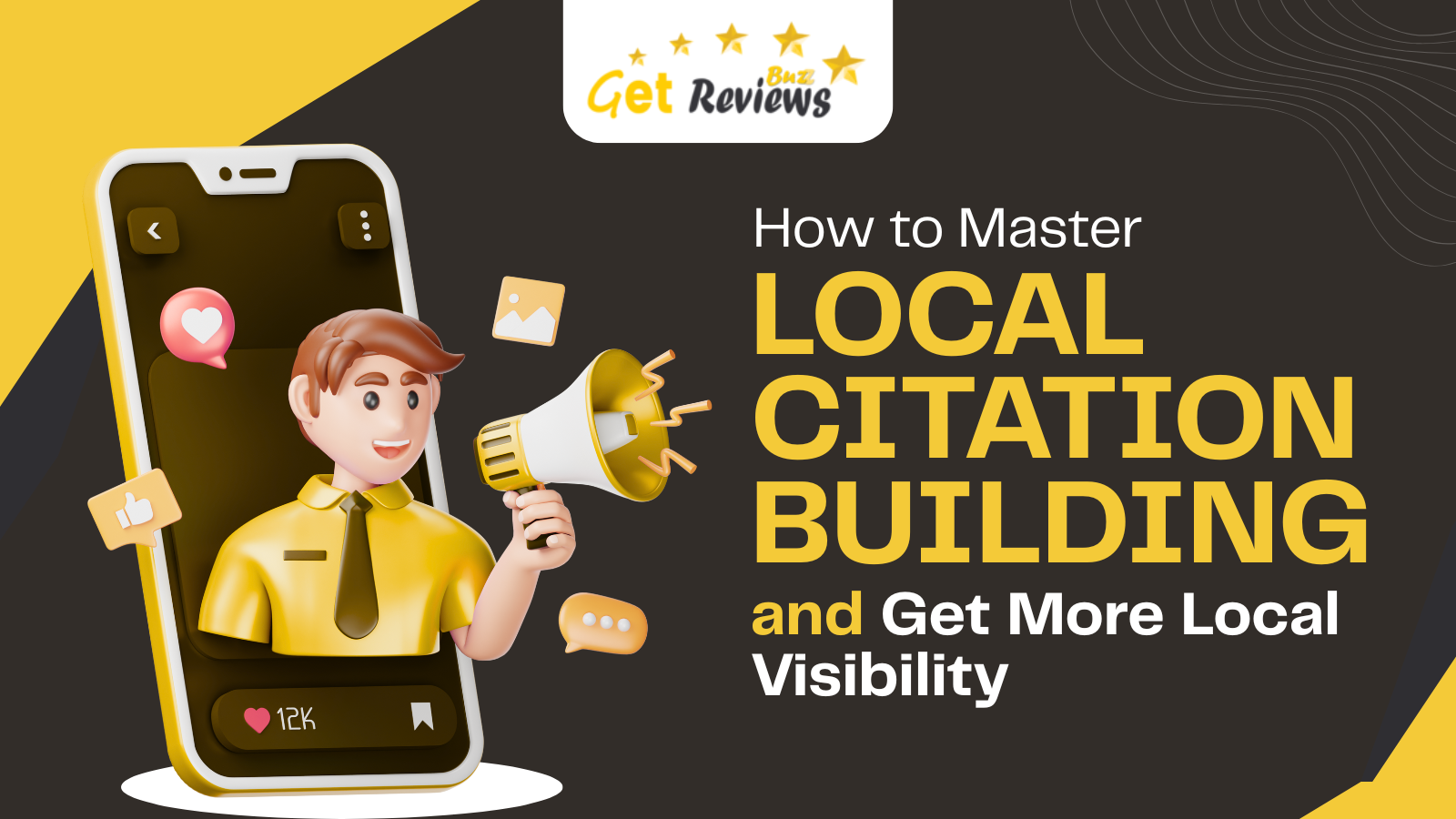In order to achieve higher rankings in natural search results and run successful SEO campaigns, you must use on-page SEO strategies. When you do not optimize your website for both search engines and users, you minimize your chances of attracting traffic from search engines. Here's everything you need to know about on-page optimization. You can improve your search engine rankings by following these tips every time you publish a new post.
On-Page SEO - what is it?
A website's content is optimized for search engines using on-page SEO (also known as on-site SEO). On-page SEO is about writing in the search engine's language and making your pages understandable to the crawlers. SEO that takes place on your own website is known as on-page SEO. You can control the quality of your content and the technical issues pertaining to your website if you own it. All of these factors are within your control, so we believe you should be able to handle them. You should never forget that if you create a fantastic website, it will rank. Your off-page SEO strategy will also be more likely to be successful if you concentrate on on-page SEO. Bad sites are tough to link to. It's not in anyone's interest to link to poorly written articles or sites that aren't working properly.
What are the benefits of on-page SEO?
Search engines use on-page SEO to understand what your content is about by providing them with signals. Search engines attempt to associate web pages with keywords and search terms users type into search boxes during the indexing and ranking process. You can give them guidance regarding which keywords you want your pages to rank for through on-page SEO elements. On-page optimization refers to any changes made to a website in order to make it more user-friendly. SEO, which includes
on-page optimization. Here are six factors to consider-
Internal linking
With regards to on-page SEO, internal links are often overlooked. However, when you grow your website, it's important to build internal links. In this way, crawlers are able to discover and understand the content of your site and find new pages as a result of internal links. Your website's lack of internal links might hamper your users' ability to find helpful content on the site. It directly decreases your conversion rates if they are unable to reach it. In order to boost your on-page SEO, you can leverage internal links:
There is no single best internal linking strategy, but for the best results, make sure each new page has at least two to three links pointing to it. Avoid forcing links if you're experiencing difficulties finding pages. Consider creating pillar content instead.
Content
Ranking keywords requires quality content. Search engines are more likely to find your website if it has more content. The importance of content therefore cannot be overstated. White hat SEOers appreciate its significance. If you are writing content, then you should insert your keywords and use these techniques:
Also, we want to point out that your website should keep duplication to a healthy level and be as unique as possible. Unique content is highly valued by Google. Even freshly updated content is preferred by Google. But you don't have to update your content all the time. In the case of commercial pages, such as product descriptions, we believe Google understands that these are not as time-sensitive as blog posts covering recent events. Nevertheless, it is important to include a strategy for updating certain types of content every 12 months or so.
Incorporating keywords into your copy
A surefire strategy to improve your page's rankings for a particular keyword was stuffing your page with keywords. That's no longer the case. It still sends a relevant signal as to what the content is about when the keyword is used in the copy. However, the placement of the keyword has dramatically changed. There are times when getting more fibre into your diet is a chore-you know it's good for you, but it's not always enjoyable. In addition, having a keyword-rich copy is crucial for your search engine ranking, but including those targeted key phrases can be time-consuming. If you already have website copy that you don't want to rewrite from scratch, this is particularly challenging.
Canonical tag
It is not uncommon to have two URLs with similar content. Using the canonical tag on your website can help prevent duplicate content issues. By using this tag, you are telling Google to treat one URL as equivalent to another, clearly stating that even though two pages have the same content, they are actually one. With canonical tags, links will go to the right version of a page. Google distributes link juice evenly across your different pages with similar content. With a canonical tag, you tell Google which page you want to be ranked higher in organic search results. The important page then receives all the link juice, ignoring all the others. Using this method will ensure that your website is properly allocated link juice.
Image Optimization
On a page, not just text can be optimized, but also other media. For instance, alt text, captions and descriptions can be used to send relevancy signals to search engines. There's no second thought given to the file names for your images, but it doesn't matter as much as you might think. Have you ever considered that Google will actually crawl the names of your images? Be descriptive and keyword-rich in the names of your images (but not spammy!). When you use dsc1938473.jpg as the image name, for instance, you are missing out on an SEO opportunity. Choosing an image like pink-platform-shoes.jpg instead of pink-platform-shoes.jpg is more appropriate if the image represents a pair of women's shoes.
External links
Links that point to external domains are hyperlinks that point to (target) domains other than the site where the link is located (source). An external link is one that points to your website from another website. The same applies to external links that point to other websites. By adding links to other websites to your content, you can substantially improve its trustworthiness. External links on your site page might seem illogical, but linking to a related site in your industry will help you establish authority. On-page SEO tactics that are highly recommended include external linking as one of the core components.
Get timely SEO audits to stay up-to-date on your website
The purpose of SEO audits is to provide business owners with a guideline for improving their strategy. A search engine friendly website audit evaluates a website's ranking in search engines. SEO audit examines a number of factors related to a website, including its content, links, and site architecture. When discussing organic search optimization, it is important to understand how these components work. On-page SEO audits can help you better understand how your website is performing. If there are any loopholes, we can provide you with a free audit and help you resolve them. Reach out to us to use our SEO services and schedule a free consultation with our SEO experts.

























.jpg)





Social Growth Engine
Build community and drive engagement across platforms
Post Creation
Captivating content tailored to your brand voice.Content Calendar
Strategic planning for consistent, timely posts.Reel Editing
Professional edits for short-form video content.Creatives
Custom graphics and visuals to boost engagement.Featured
Social Media Strategy Amplified LifeCore Flooring's Reach
View Case Study